
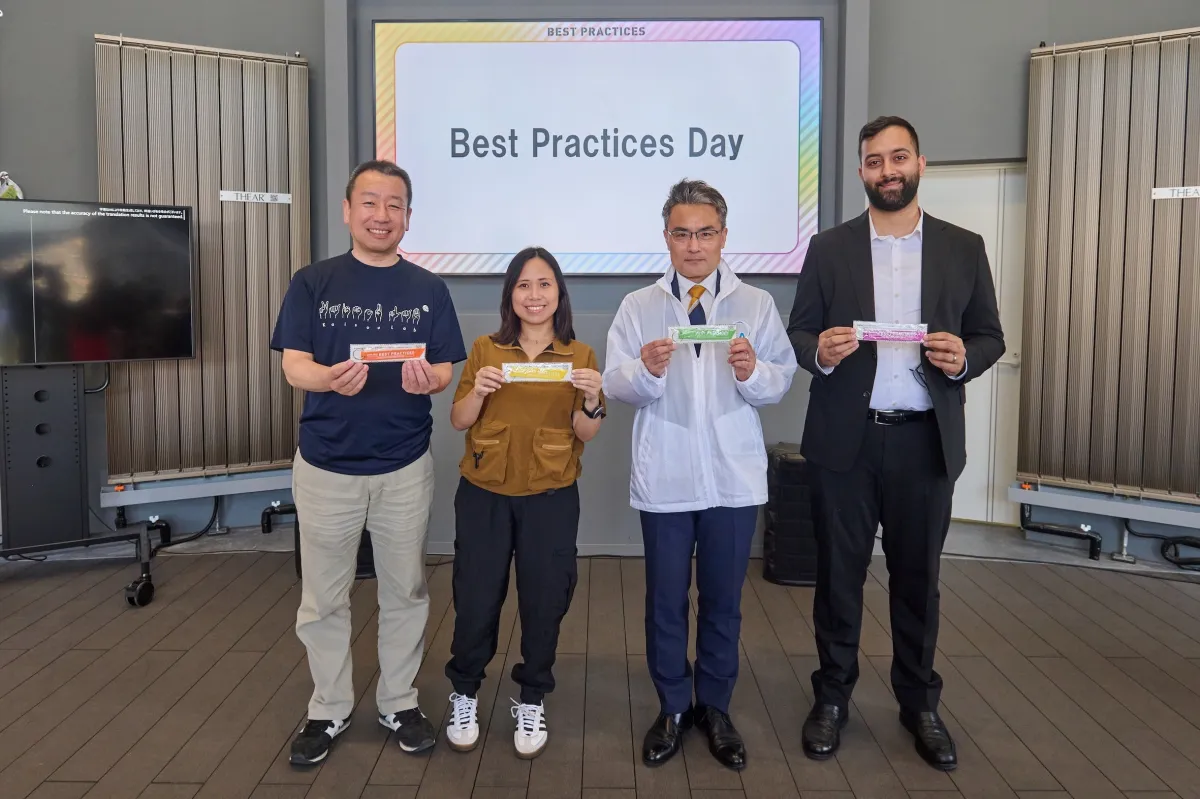
Discovering Innovative Local Solutions at Japan's Expo 2025: Best Practices Day Highlights
Japan's Expo 2025: A Glimpse into the Future of Local Innovation
As the world gears up for the Osaka-Kansai Expo 2025, excitement is building around the "Future Life Village," a groundbreaking showcase of upcoming innovations and sustainable practices that address today's pressing challenges. Scheduled for July 10, 2025, the "Best Practices Day" promises to be a unique convergence of ideas, innovations, and community engagement.
This event aims to share knowledge, foster collaboration, and inspire attendees through a series of enlightening presentations and discussions featuring local enterprises from across Japan. Each organization involved aims to shed light on their contributions toward a more sustainable and resilient future.
Event Details: Best Practices Day
- - Date: July 10, 2025
- - Time: 1 PM - 3 PM
- - Location: Future Life Village, Expo 2025 grounds
- - Expected Participants: 30 attendees
- - Reservations: Not required (general entrance fees for the Osaka-Kansai Expo apply)
- - Agenda: Overview of Best Practices, presentation of award-winning initiatives, panel discussions featuring awardees, and networking opportunities.
The topics presented during this day will highlight the intersections of technology, sustainability, and social impact—each aimed at solving specific challenges faced by communities today.
Featured Local Initiatives
Throughout the event, various projects will showcase innovative practices developed by local enterprises. Here are a few highlights:
1. Carbon Negative Project by Ritsumeikan University
Focusing on the vital task of addressing climate change, this initiative aims to integrate carbon capture strategies with local agricultural advancements. Their biochar program models environmental sustainability by promoting biodiversity and the circular economy. This project has successfully engaged over 30 students in developing sustainable solutions that can pivot local economies toward carbon neutrality.
2. Sustainable Water Production Solution by MANHAT
Amidst increasing global freshwater scarcity, MANHAT introduces a pioneering technology that leverages natural evaporation and condensation processes to ethically harvest freshwater. By using solar energy, this system presents a cleaner alternative to traditional desalination techniques, aiming to contribute to food security without adding to the environmental burden. With patents secured in over 18 countries, their approach could redefine how freshwater is tapped in agricultural practices.
3. Uni Masaqueri Alliance’s Clean Water Initiatives
This NGO aims to deliver sustainable water solutions to underserved communities, employing solar-powered purification systems to improve health and equity. Their collaborative designs with local communities optimize resources and promote peace through access to clean water, exemplifying how technology can bridge socio-political divides in high-need areas.
4. AI and Satellite Data for Sustainable Agriculture by Sagari
By illustrating agricultural landscapes worldwide with AI and satellite data, Sagari seeks to enhance agricultural resilience amidst climate change. This project helps farmers identify optimal planting conditions and maximize crop yield while ensuring sustainable practices are upheld. It also significantly reduces dependency on traditional farming knowledge by providing actionable data insights.
5. Innovative Learning Solutions by Educase
With a commitment to addressing education inequities, Educase offers a unique solution: a backpack that transforms into a study desk. Designed for students in South Asia who lack suitable learning environments, this innovation encourages better posture and concentration, ensuring children can engage in effective learning regardless of their circumstances.
These projects represent only a fraction of the innovative efforts that will be highlighted during Best Practices Day. Equally exciting are initiatives that tackle various social and environmental issues, from incorporating indigenous materials into sustainable designs to creating zero-waste solutions using advanced technology.
Co-Design Challenge
Additionally, the Co-Design Challenge will spotlight designs that utilize local resources and environments creatively. For example, projects exploring the potential of upcycling space rocket debris into functional furniture highlight the clash of industry and creativity, setting a new standard for responsible manufacturing.
As anticipation builds, the Osaka-Kansai Expo will serve as a global stage to exhibit how local actions can ripple across communities—fueling hope for a sustainable future while celebrating innovation and collaboration. Visitors from Japan and around the globe are encouraged to engage, learn, and contribute to this essential dialogue shaping our world.
For more information, check the official Expo 2025 website at expo2025.or.jp.
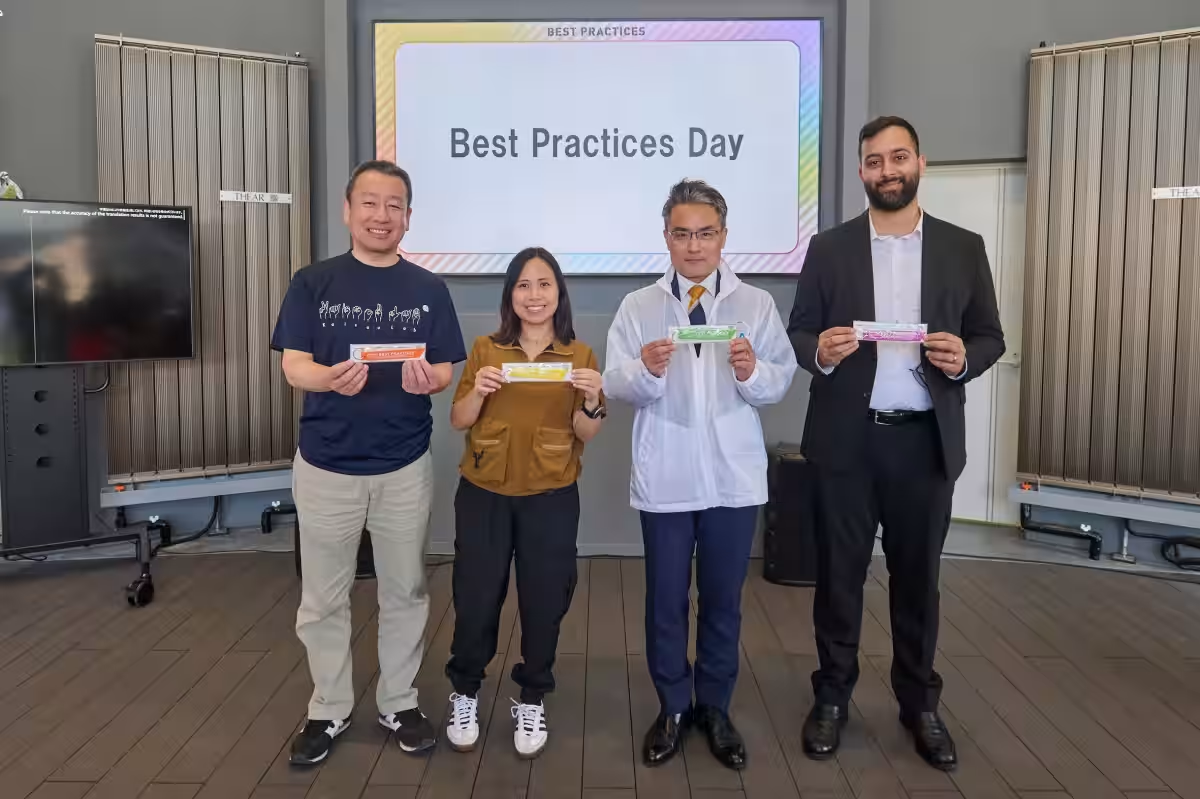
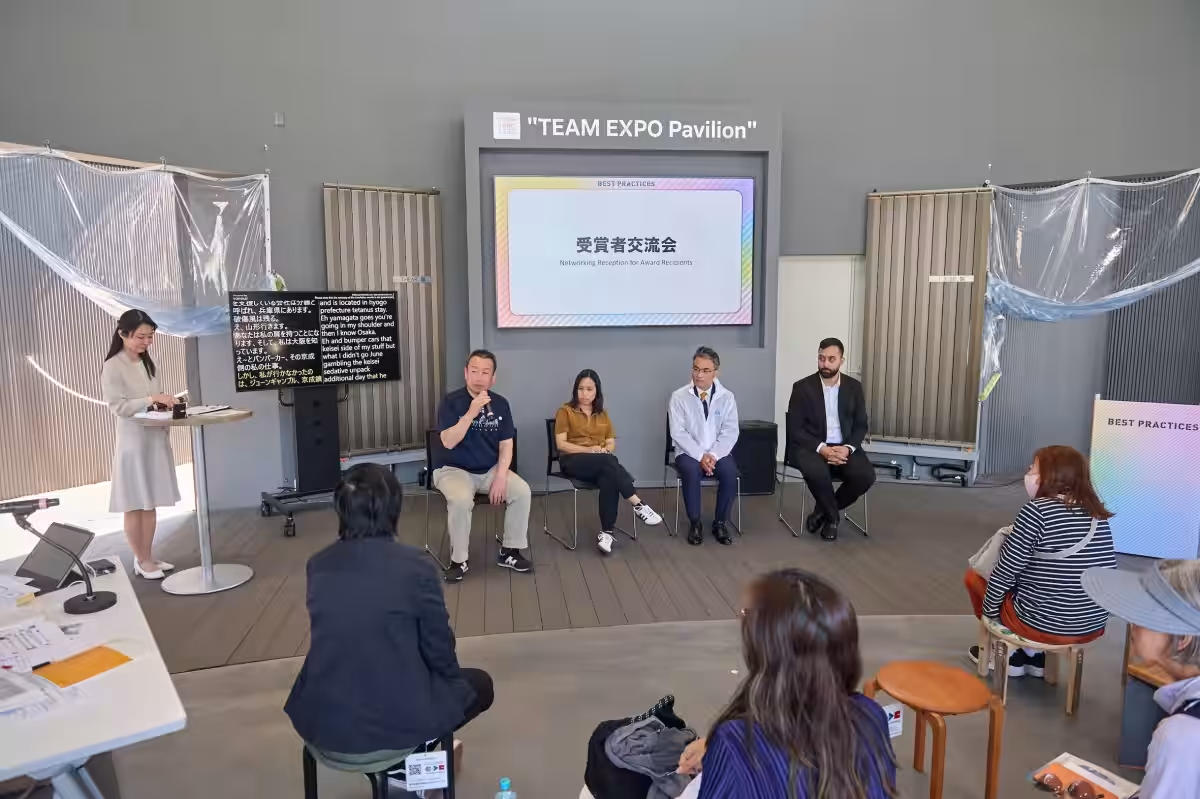
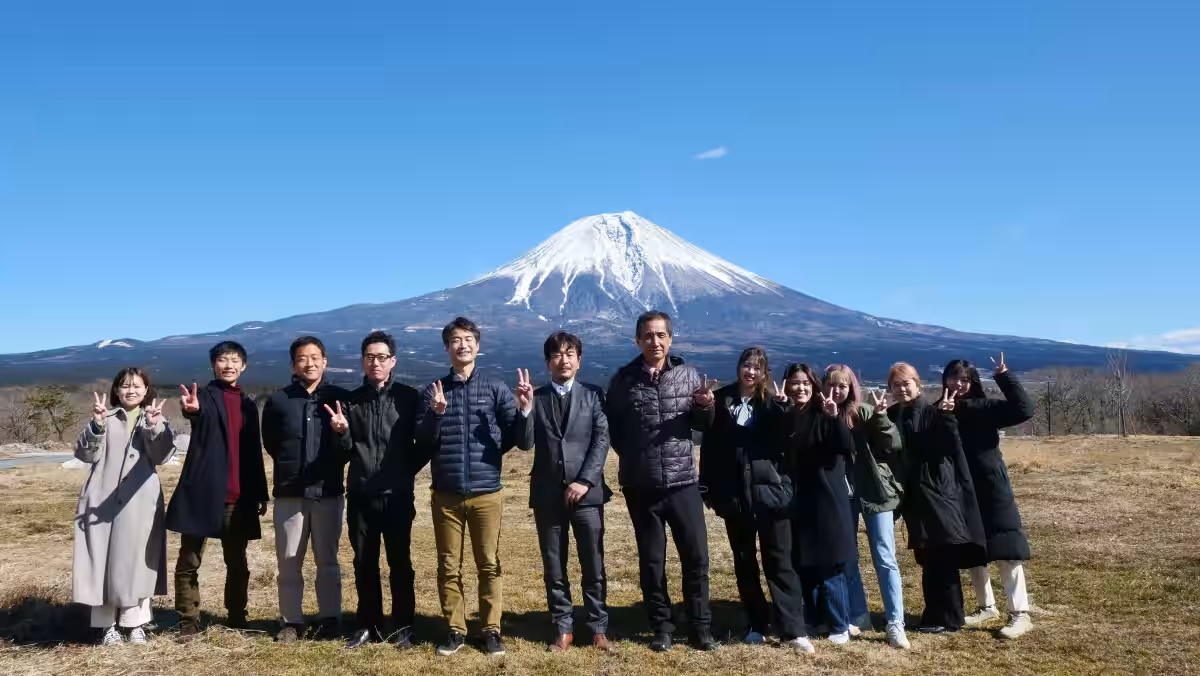
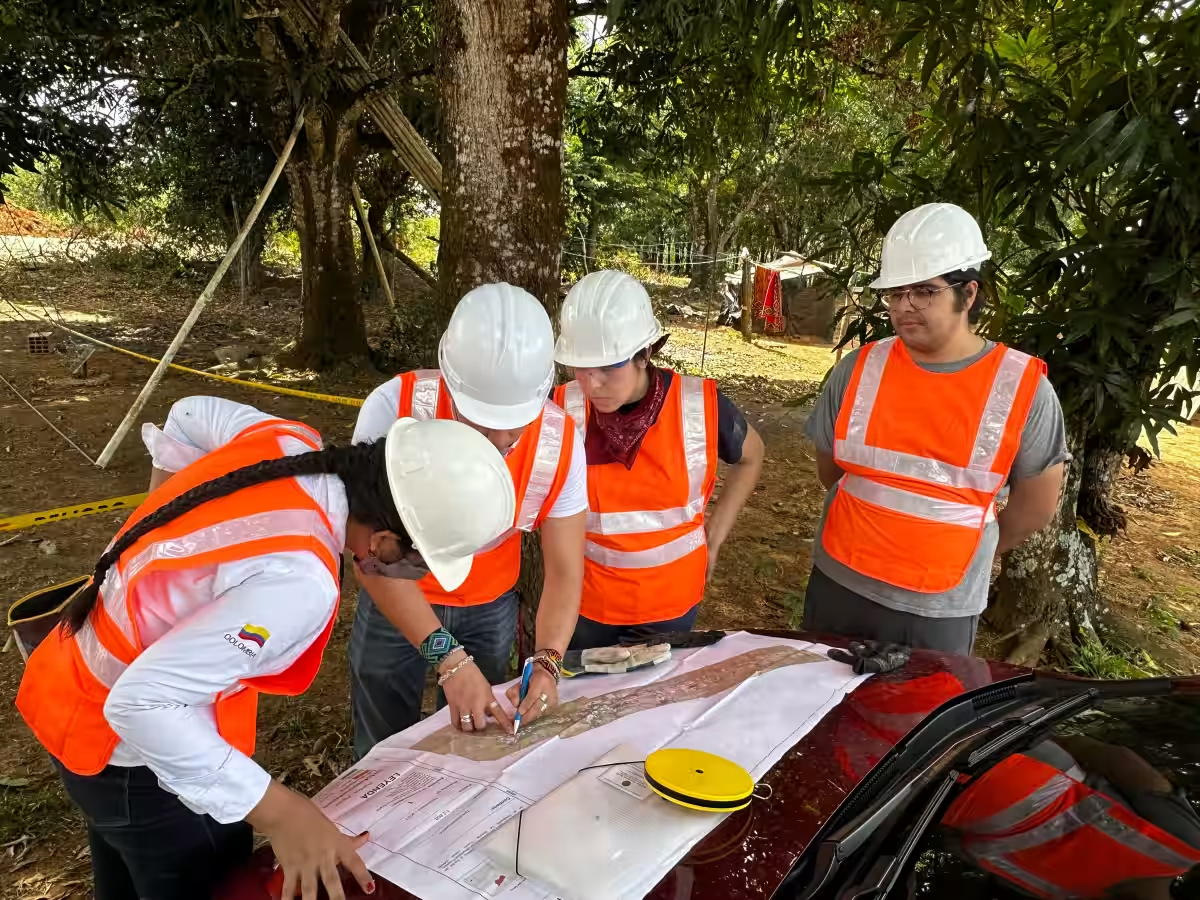
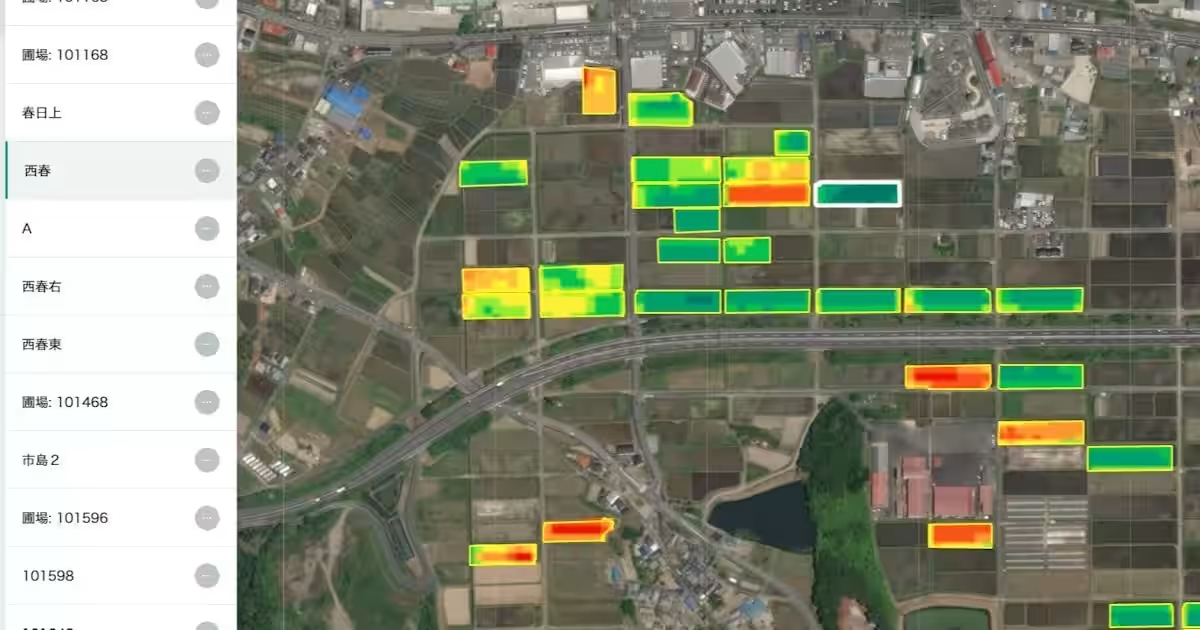
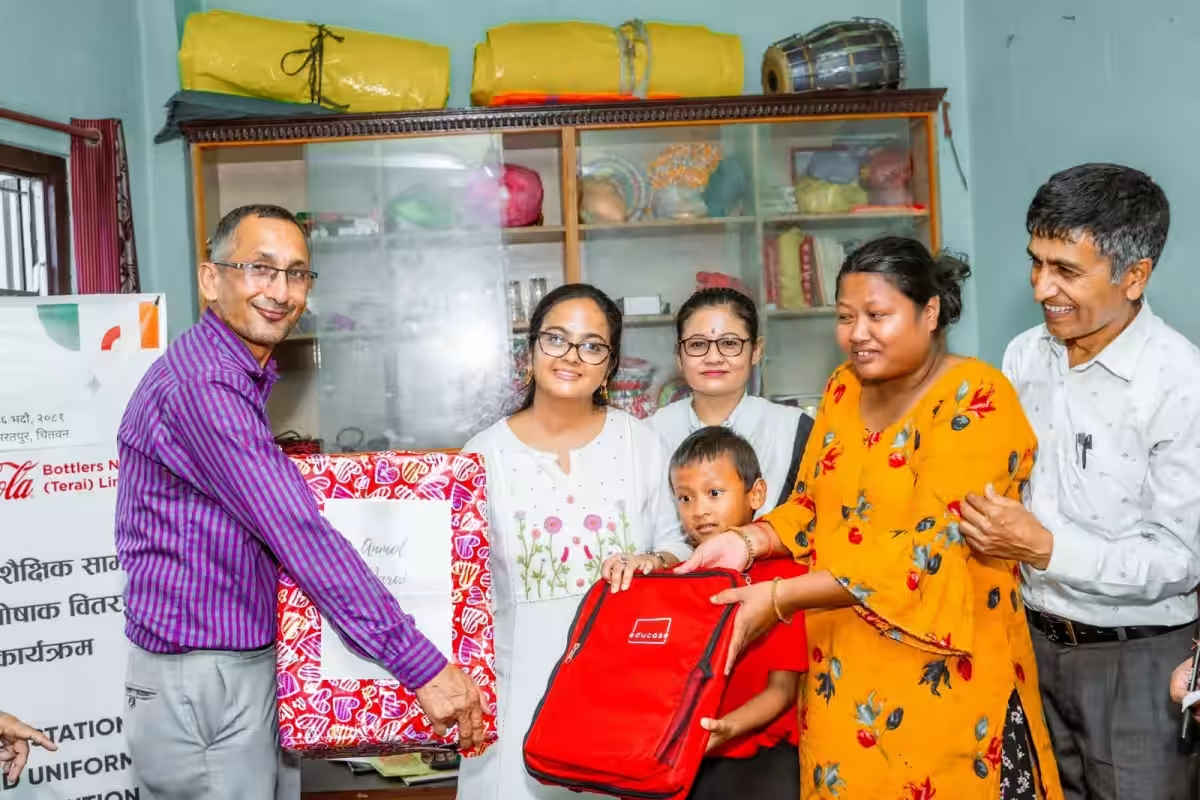

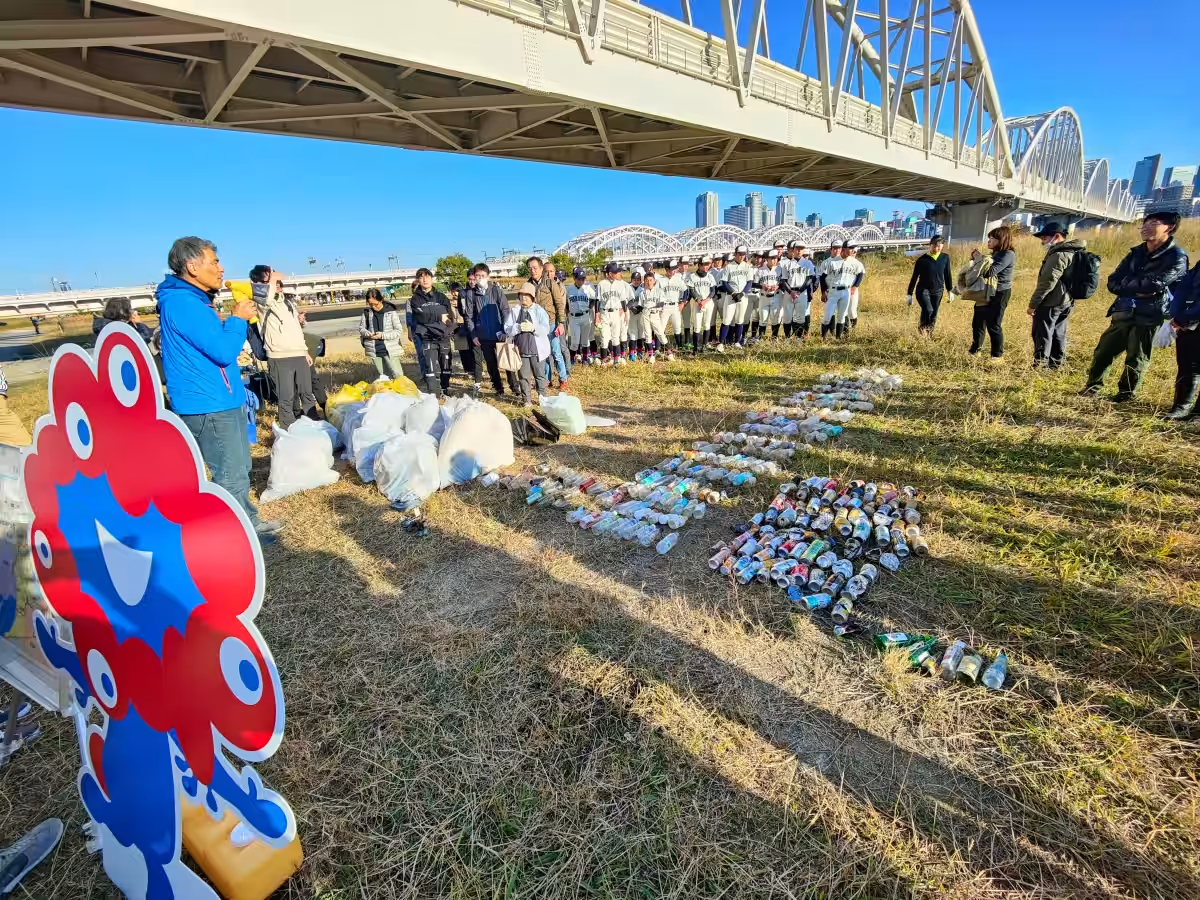












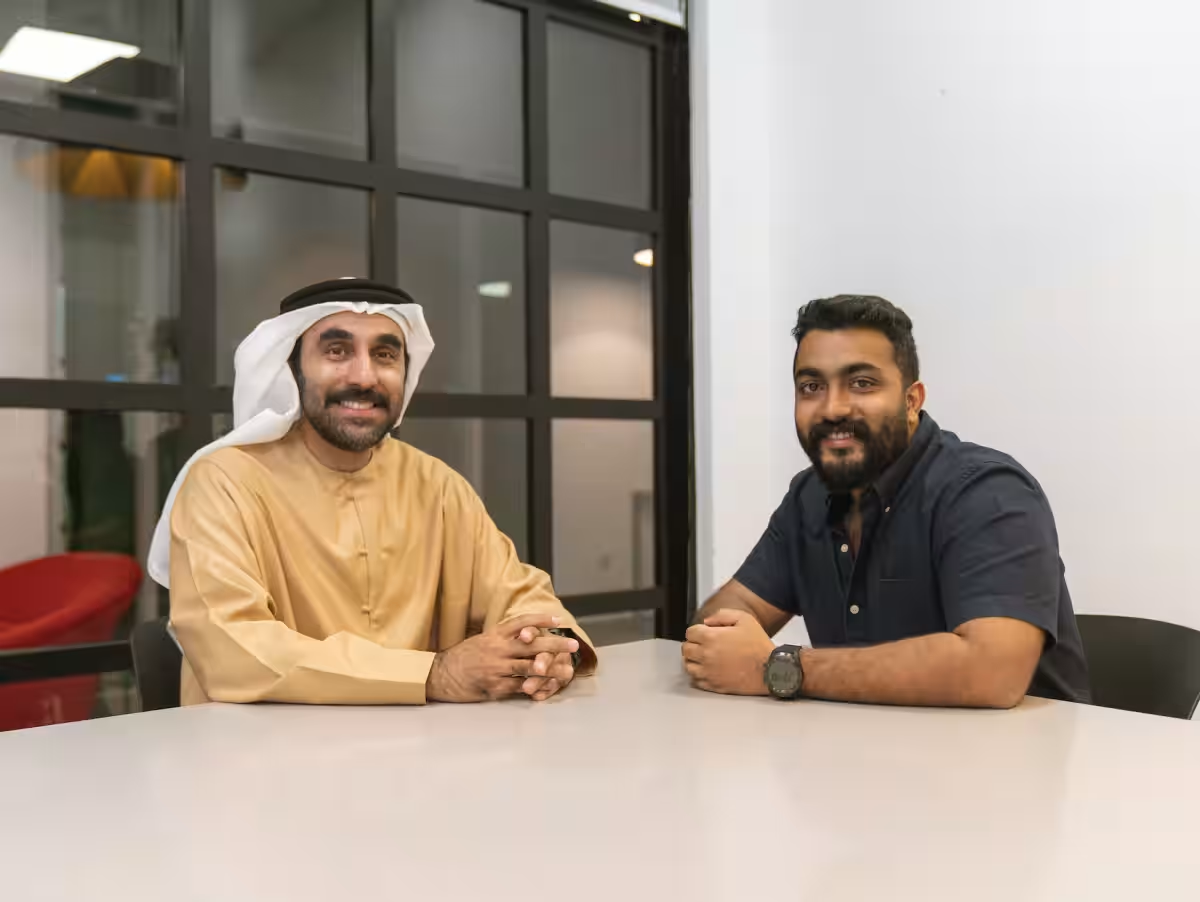
Topics Other)










【About Using Articles】
You can freely use the title and article content by linking to the page where the article is posted.
※ Images cannot be used.
【About Links】
Links are free to use.